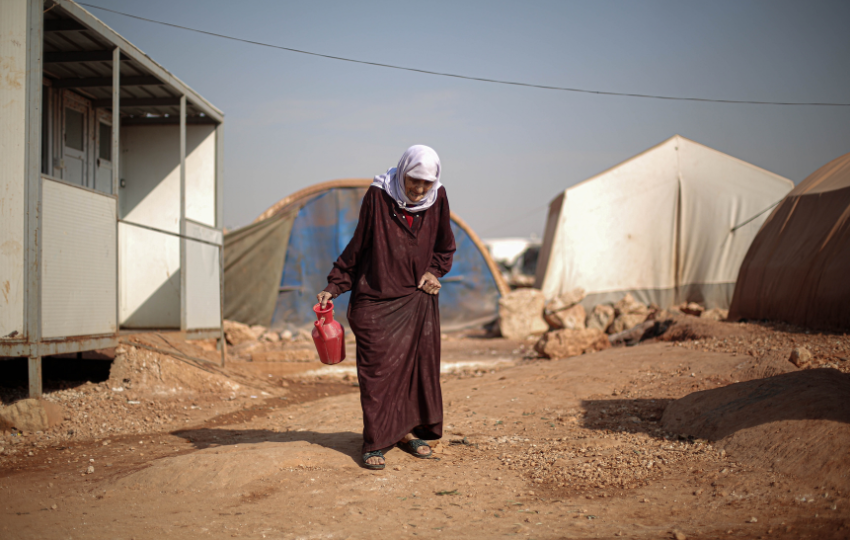Project Background
Syria continues to suffer from multiple and complex socio-economic challenges 12 years into the crisis. In 2022, 13.9 million people in Syria were either food insecure or at risk of falling into food insecurity. In response to these challenges, the Syria Resilience Initiative (SRI), with funding from the UK’s Foreign Commonwealth and Development Office (FCDO), is implementing two-phase integrated resilience-building interventions to strengthen the ability of vulnerable households to withstand current and future shocks and consequently reduce the extent of humanitarian needs. In addition to the main livelihood support, the interventions will establish pilot interventions to empower women and reduce gender-based violence (GBV).
In its first phase, SRI aims to support over 88,000 households through the Building Local Resilience in Syria (BLRS) project with various types of direct and indirect interventions. These include:
- supporting in the agricultural value chain such as the provision of direct agricultural inputs or cash transfers, agricultural training, irrigation rehabilitation, and establishment of farmers cooperatives;
- providing Vocational Training (VT) and Small and Medium Enterprises (SMEs) with training on food production and processing, start-up capital, and grants to foster economic growth, particularly for women and youth; and
- piloting a Violence Against Women and Girls (VAWG) intervention to reduce economic violence against women and girls and improve gender equity and equality in rights, roles, and responsibilities in the family and community.
Project Objectives
In order to understand the short-term impact and effectiveness of this large-scale and complex programme, FCDO has commissioned ISDC to conduct a rigorous impact assessment for the Year 2 BLRS intervention activities. The main learning objectives of the impact evaluation are to assess:
- the separate and combined impacts of the livelihood interventions on the production, food security, welfare and resilience of targeted households; and
- the additional effects of VAWG interventions on women’s empowerment, intra household decision-making, gender norms and (economic and emotional) violence against women.
Image ©: Khaled Akacha, Pexels
Project Details
- Project Year/s: 2023 · 2024 · 2025
- Donors: The Foreign, Commonwealth & Development Office of the Government of the United Kingdom (FCDO)
- Partner/s: Syria Research Initiative (SRI)
- Region/s: Middle East & North Africa
- Theme/s: Human Development · Impact Evaluation · Shocks & Livelihoods
- Research Topic/s: Agriculture · Food Security & Nutrition · Gender · Poverty & Inequality
- External link: Visit Site








